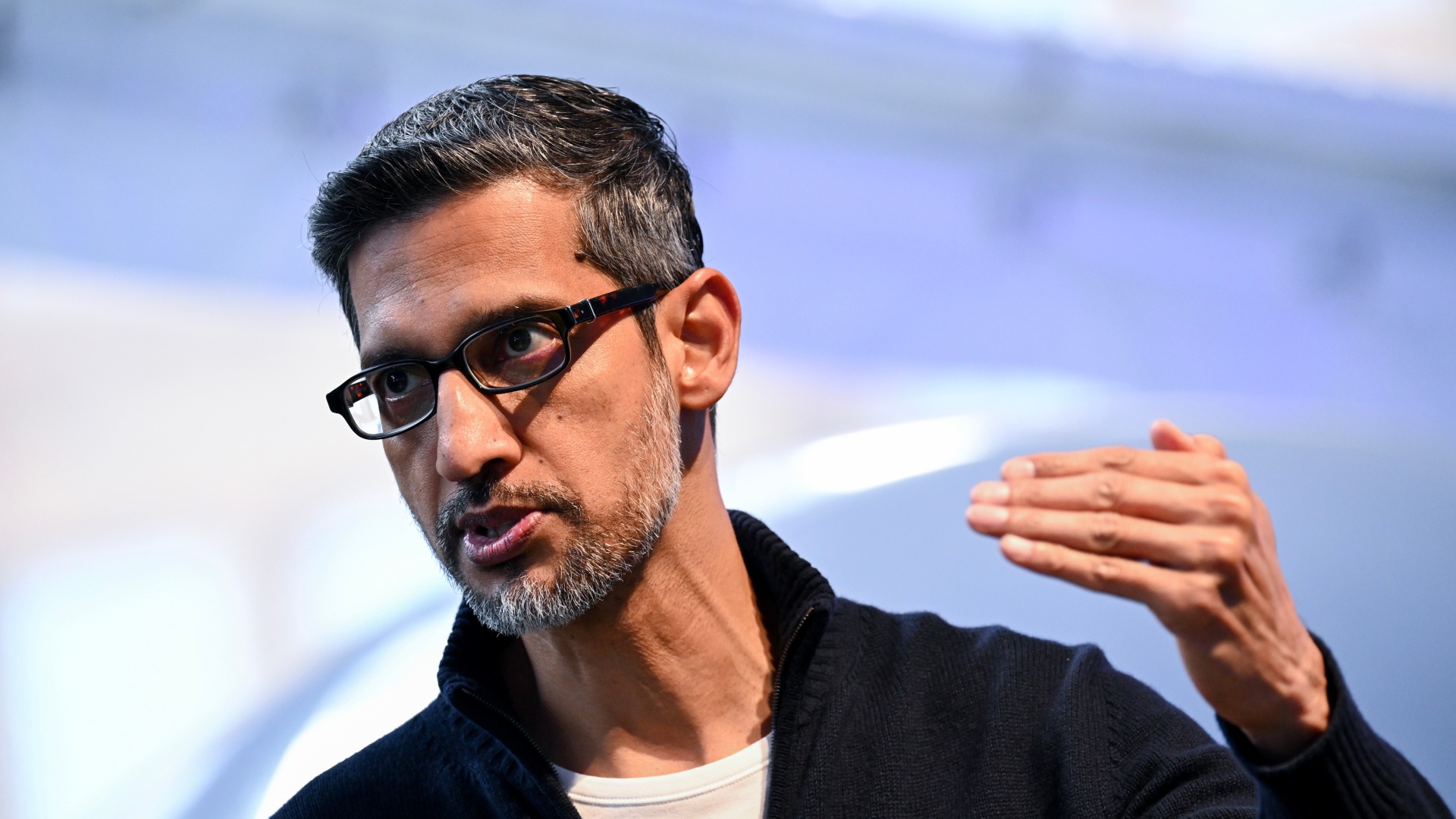Google CEO says AGI is impossible with today's tech, but Sam Altman claims "you'll be happy to have a new device"
Sundar Pichai suggests that it will be highly challenging to achieve the coveted AGI benchmark with current hardware.

All the latest news, reviews, and guides for Windows and Xbox diehards.
You are now subscribed
Your newsletter sign-up was successful
Every major tech corporation is seemingly racing to hit the coveted AGI (Artificial General Intelligence) benchmark ever since the emergence of the AI bubble. The technology promises to ship with superior cognitive capabilities that make it more intelligent than human beings, raising safety concerns among AI critics.
AI safety researcher Roman Yampolskiy revealed that there is a 99.999999% probability AI will end humanity, further indicating that the only way to avoid inevitable existential doom is not to build the technology in the first place.
However, Yampolskiy claimed that the AI race is up for grabs to anyone with the most money to finance its exorbitant computing power needs.
OpenAI CEO Sam Altman downplayed the security and safety concerns, claiming we won't experience the threats cited by AI critics at the AGI moment. Instead, he indicated that he is confident the OpenAI team will develop AGI within the next five years, and that it will have surprisingly little societal impact.
While the impact of AGI on society remains unclear, there has been a call for guardrails and regulation to prevent the technology from spiraling out of control and spelling inevitable doom for humanity.
Sam Altman indicated that AGI won't be a new piece of hardware, but claimed that if it did, "you'll be happy to have a new device." Google's CEO, Sundar Pichai, recently commented on the same topic, indicating that he's skeptical about the current hardware venturing the world into the AGI era (via @artificialintelligenceee on IG).
A post shared by Artificial Intelligence (AI) (@artificialintelligenceee)
A photo posted by on
The executive says that it's "entirely possible" not to reach the coveted AGI benchmark with the current hardware. According to Pichai:
All the latest news, reviews, and guides for Windows and Xbox diehards.
"I feel there's a lot of forward progress ahead with the paths we're on. Not only the set of ideas we are working on today, some of the newer ideas we are experimenting with. So I'm very optimistic on seeing a lot of progress. But you know, we've always had these technological curves where you may hit a temporary plateau."
As such, the executive says no one can confidently state that we're currently on an absolute path to AGI. He says the pace of progress is staggering, but foresees significant improvement in the future. However, he claims that the technology is somewhat limited, as it shows substantial progress in some fields, yet fails to deliver in other areas. "We are quite far from a generalized technology," Pichai concluded.

Kevin Okemwa is a seasoned tech journalist based in Nairobi, Kenya with lots of experience covering the latest trends and developments in the industry at Windows Central. With a passion for innovation and a keen eye for detail, he has written for leading publications such as OnMSFT, MakeUseOf, and Windows Report, providing insightful analysis and breaking news on everything revolving around the Microsoft ecosystem. While AFK and not busy following the ever-emerging trends in tech, you can find him exploring the world or listening to music.
You must confirm your public display name before commenting
Please logout and then login again, you will then be prompted to enter your display name.
